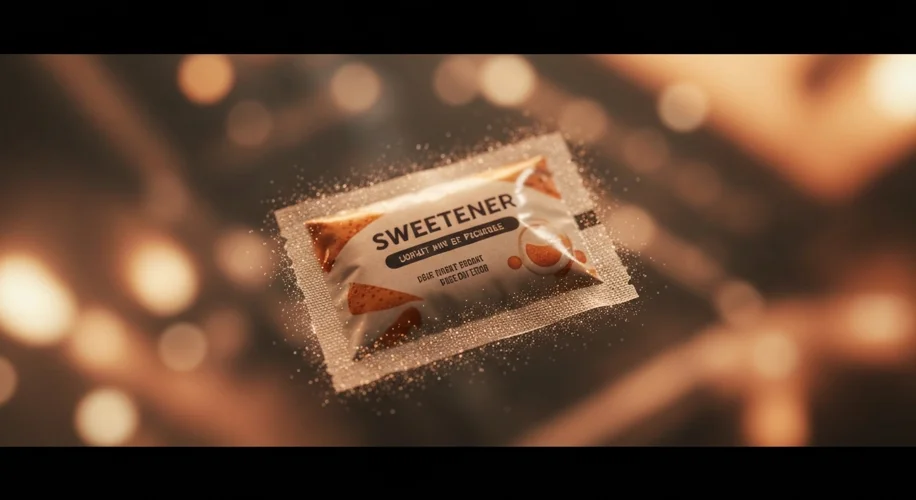We all reach for them – those zero-calorie sweeteners, promising a guilt-free way to enjoy sweetness. They seem like a healthier option, right? But what if I told you that these artificial sweeteners, often found in diet drinks and sugar-free snacks, might not be so sweet for our brains?
Recent research, highlighted by Medscape, is raising some serious questions about the impact of artificial sweeteners on our cognitive function. This isn’t about making anyone feel bad about their choices; it’s about understanding the science behind what we consume and how it interacts with our environment, including our own bodies.
Think about it: we’re increasingly aware of how environmental factors like air quality and water pollution can affect our health. Well, the food we eat, and the ingredients in it, are also part of our internal environment. Artificial sweeteners, like aspartame and sucralose, are chemicals that our bodies process, and emerging studies suggest they might be doing more than just adding sweetness.
What the Science is Showing
Studies are pointing towards potential negative impacts on cognitive processes. This could manifest in various ways, from subtle changes in memory to more significant effects on brain health over time. While the exact mechanisms are still being explored, researchers are looking at how these sweeteners might interact with our gut microbiome, or even directly affect brain cells.
This connection to environmental health is fascinating, isn’t it? Just as we consider the broader ecosystem, we also need to consider our internal ecosystem. What we put into our bodies is a direct input into this complex system.
It’s important to remember that research is ongoing. The studies we’re seeing often involve animal models or specific laboratory conditions. However, they serve as crucial early warnings, prompting us to look closer and ask more questions.
So, What Does This Mean for Us?
For now, the takeaway isn’t to panic, but to be informed. If you’re a regular consumer of artificially sweetened products, it might be worth considering moderation or exploring natural alternatives when possible. Things like fruit for sweetness, or simply adjusting to a less sweet palate, can be good starting points.
As someone who spends a lot of time thinking about environmental impacts, I see parallels everywhere. We’re learning that even small, seemingly insignificant choices can have cumulative effects on our well-being and the health of our planet. This is just another piece of that puzzle – understanding how the artificial world we create can influence our natural biological selves.
Let’s stay curious and keep learning together about how to make choices that truly support our health, inside and out.

